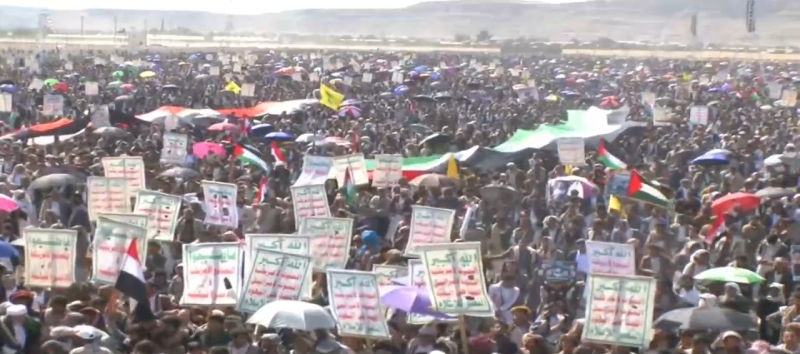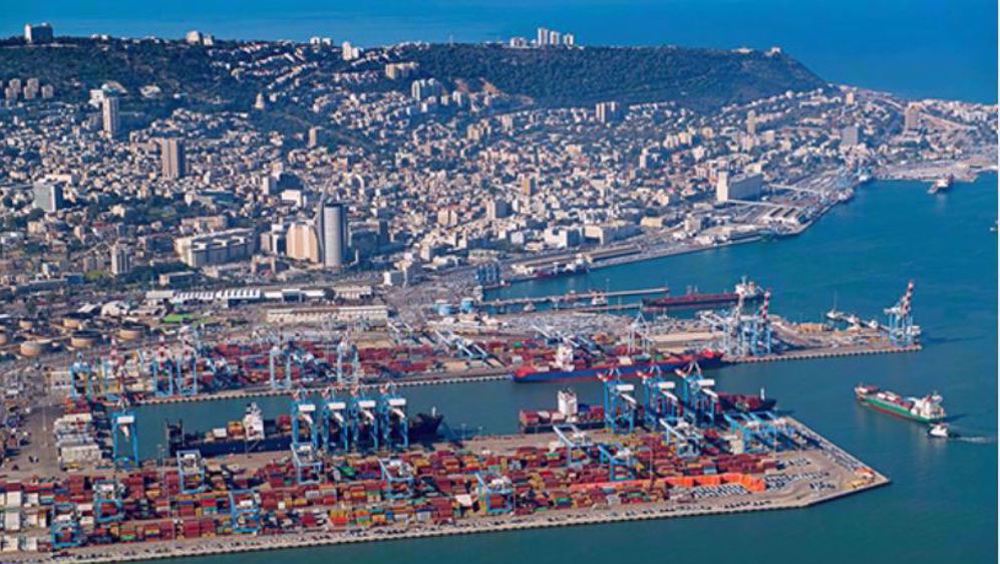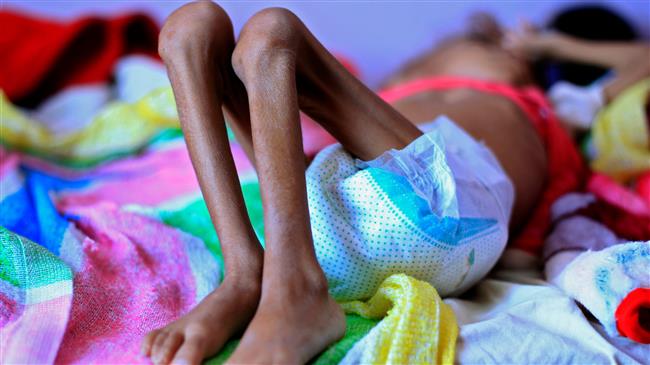Yemeni ballistic missiles hit military targets in Saudi regions of Asir, Jizan: Report
Yemeni army forces, supported by allied fighters from Popular Committees, have hit two military targets in Saudi Arabia’s southwestern regions of Asir and Jizan with domestically-manufactured ballistic missiles in retaliation for the regime's campaign of military aggression against the impoverished nation, a report says.
Yemen's official Saba news agency, citing unnamed military officials, reported on Tuesday that a Zelzal-1 (Earthquake-1) missile successfully hit a gathering of Saudi-led mercenaries off Qais Mountain in Jizan and another missile of the same type hit a gathering of mercenaries in Wawa area of Asir with precision.
It added that both projectiles left an unspecified number of Saudi-led forces either killed or wounded.
Meanwhile, Yemen’s Arabic-language al-Masirah television network reported that the Yemeni forces also hit another gathering of Saudi-led mercenaries and militiamen loyal to Yemen's former president Abd Rabbuh Mansur Hadi in the Helm military base near the city of Qa'atabah in the central province of Dali' with another Zelzal-1 missile.
Additionally on Tuesday, Yemeni soldiers, backed by fighters of the Houthi Ansarullah movement, launched an attack against positions held by Saudi-led forces in the southwestern province of Ta'izz, inflicting casualties on them.
Leading a coalition of its allies, most prominently the UAE, Saudi Arabia invaded Yemen in March 2015 in an attempt to reinstall Hadi, who had resigned amid popular discontent and fled to the Arab kingdom.
The aggression initially consisted of a bombing campaign but was later coupled with a naval blockade and the deployment of ground forces to Yemen.
Since the onset of the imposed war, the Yemeni army, backed by fighters of the country’s popular Houthi Ansarullah movement, has been defending the impoverished nation against the brutal aggression. The coalition is also resolute to crush the movement as another goal in its war on Yemen, which is teetering on the edge of famine.
More than three and a half years into the war, Saudi Arabia has achieved neither of its objectives. Riyadh had declared at the start of the invasion that the war would take no more than a couple of weeks.
Back in June, the Emirati forces, backed by armed militia loyal to Hadi, launched a full-scale offensive against the Houthi-held Hudaydah, which is currently under a tight siege imposed by the invaders. The so-called liberation operation, however, failed to achieve its objective, which is overrunning the vital port and defeating Houthi fighters, backed by those from the Popular Committees.
Over the past several months, humanitarian organizations have warned that military operations against Hudaydah threaten to cut off essential supplies to millions of Yemeni people. More than 70 percent of Yemen's imports pass through Hudaydah’s docks.
The coalition claims Houthis are using Hudaydah for weapons delivery, an allegation rejected by Ansarullah fighters.
The Saudi-led war has also taken a heavy toll on the country’s infrastructure, destroying hospitals, schools, and factories. The UN has already said that a record 22.2 million Yemenis are in dire need of food, including 8.4 million threatened by severe hunger. According to the world body, Yemen is suffering from the most severe famine in more than 100 years.
A number of Western countries, the United States and Britain in particular, are also accused of being complicit in the ongoing aggression as they supply the Riyadh regime with advanced weapons and military equipment as well as logistical and intelligence assistance.
Iran relies on natural gas for nearly 90% of its power production: Expert
US embassy in Beirut blocks Iraq-Lebanon humanitarian air bridge
VIDEO | UK's Starmer targets journalists
Israel plans to displace Palestinians in occupied West Bank: Hamas
Iranian airlines ramp up Istanbul route flights after EU sanctions
British protesters slam UK’s complicity in Gaza genocide on Balfour day
US surgeon haunted by Gaza children with ‘single gunshot wounds to head’
VIDEO | Iran's possible retaliation against Israel















 This makes it easy to access the Press TV website
This makes it easy to access the Press TV website